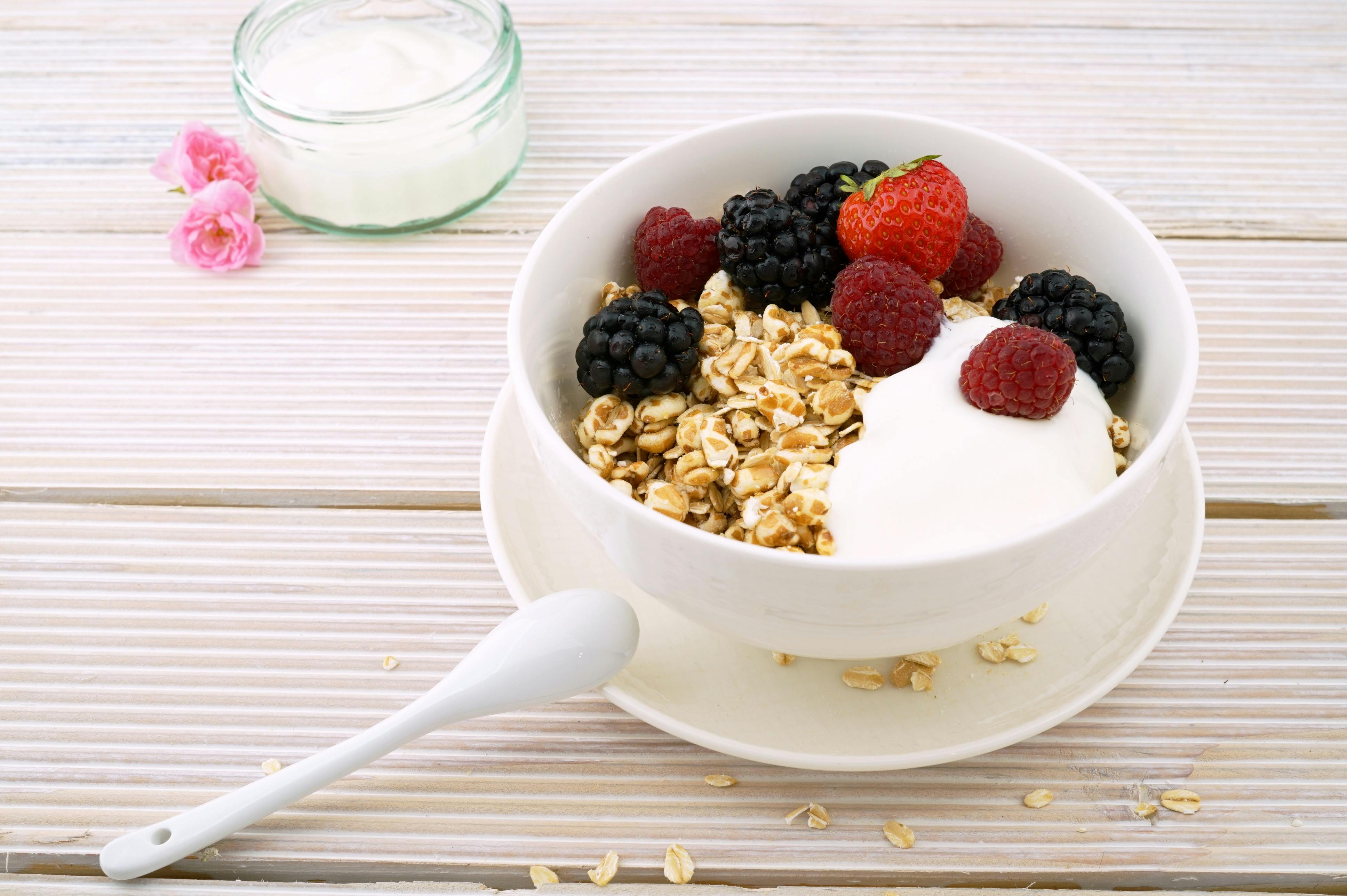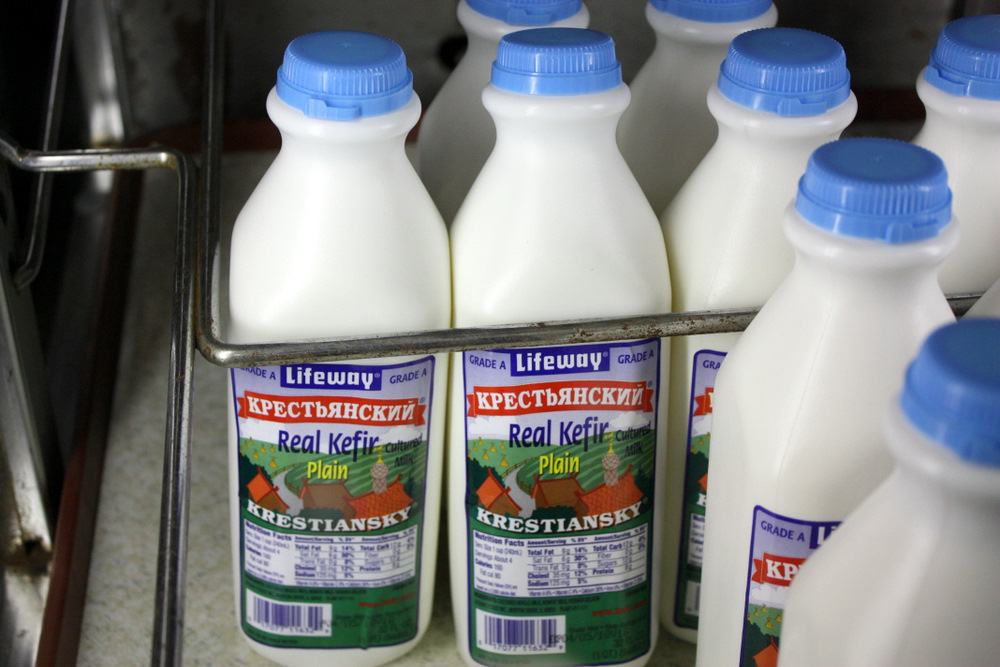13 Foods That Naturally Feed Your Gut's Good Bacteria
Think of your gut as a lush internal garden, alive with trillions of helpful bacteria that quietly support your digestion, immune system, and even your mood. Nurturing this inner ecosystem isn’t about making drastic changes, but rather weaving a handful of gut-friendly foods into your daily routine. Science now shows that our gut microbiome thrives most when we offer it a rich variety of plant foods, fibers, and naturally fermented options. Each meal gives you an opportunity—not an obligation—to feed the helpful microbes that help you feel your best at every stage of life. In this list, you’ll find thirteen foods, each one bringing its own form of nourishment to the good bacteria that keep your system running smoothly. Expect approachable options you can find in any US grocery store, from yogurt and apples to bolder choices like kimchi or tempeh. You don’t need to overhaul your kitchen to benefit; even small shifts in what you snack on, toss in a salad, or swirl into a smoothie can yield gentle, lasting benefits for your digestion and energy over time. These foods aren’t just about gut health—they’re about embracing well-being as a celebration of what you can add, not what you need to restrict. Let’s discover how you can befriend your gut, one delicious choice at a time.
1. Yogurt: Creamy Classic with Live Cultures

Yogurt is a staple in many households—and for good reason. It’s teeming with live and active cultures, those helpful probiotic bacteria like Lactobacillus and Bifidobacterium that can join the healthy population already living in your gut. To truly get the probiotic benefit, reach for plain yogurts labeled “live & active cultures”; these have not been heated after fermentation, which preserves those living strains. Flavored or non-dairy versions can also be friendly, as long as you check the label for added sugar and probiotic claims. Yogurt is as versatile as it is beneficial. Enjoy it at breakfast, topped with berries and seeds, blend it into smoothies, or use it as a creamy base for savory dips. For those with lactose sensitivity, many people find that probiotic yogurt is easier on the stomach due to the way good bacteria help break down lactose. A daily serving is a gentle, delicious way to keep your microbiome happy—no fancy supplements needed, just what’s already in your fridge.
2. Kefir: Tangy Fermented Dairy You Can Drink

Kefir takes fermented dairy a step further than yogurt. Its creamy, drinkable texture hides a robust mix of probiotics—sometimes up to a dozen different live strains, more than most yogurts contain. This diverse community of microbes gives kefir its signature tang and power to support digestive well-being. If you’re new to fermented foods, kefir’s bright taste might surprise you; try it blended with fruit, poured over cereal, or sipped on its own as a protein-rich snack. Kefir also has the benefit of being lower in lactose, making it easier to tolerate if regular milk bothers your stomach. Some studies even link routine kefir consumption to reduced bloating and more regular digestion. Look for unflavored varieties with “live and active cultures,” and give the bottle a gentle shake before pouring—the living cultures can settle at the bottom. Adding kefir to your day is a smooth, refreshing way to keep your gut’s good bacteria thriving.
